Sequencing DNA offers hope of explaining changes to farm animals and helping combat their present-day maladies.
The dubious winners of the agricultural revolution, by sheer numbers, are obvious. Living in the world today are 30 billion chickens, 1 billion cows and almost 800 million pigs.
While the dawn of agriculture was 8 000 to 10 000 years ago, only in the past century or so has humankind’s relationship to farming and farm animals shifted dramatically.
Changes and challenges
‘We went from using animals mostly for traction and small-scale farming – backyard chickens and a few pigs in a pen – to industrial farming,’ said Laurent Frantz, professor of animal palaeogenomics at Ludwig Maximilian University of Munich, Germany.
Not only has the scale of agriculture changed, farm animals themselves have been profoundly transformed. This morphing over time can sometimes be seen in their skeletal remains.
Today scientists are trying to understand the process better by sequencing the animals’ ancient DNA – and from that learn how to make modern livestock more resilient.
Domestication began when animals and plants started to adapt to living in environments modified by humans. People then started selectively breeding animals with particular traits that made them useful for humans.
These traits could have ranged from a favourable size to a natural affinity for people. The process of domestication dramatically altered how the animals looked and behaved, for instance becoming more docile and tolerant of people.
“People used cattle mainly for traction to pull a plough.
Some eras reveal visible physical changes such as a size increase in livestock during Roman times.
Pigs and cattle generally became smaller over the next few centuries until the Black Death in the 1300s, when animals began to get bigger again. While these changes are evident in the archaeological record, researchers are still investigating what could have caused them.
Frantz has long been fascinated by the history of domestication. He’s investigating the genetics of livestock over the last 3 000 years in the EU-funded PALAEOFARM project.
Pigs are probably the only animal to have been domesticated not once but twice – in the Middle East and in China, according to Frantz.
Gene pools
For millennia, pigs were allowed mostly to wander, free-range style, in Europe and interbreed with local wild boar. But in the 19th century, Chinese pigs were imported into Europe.
These pigs had likely undergone an earlier selection and domestication process than in European countries and were more productive.
Cattle are different. Their gene pool was smaller to begin with and it is less likely that people bred cattle with their more fearsome wild ancestor, the extinct auroch. An auroch bull typically stood 1.8 metres at the shoulder and had much longer horns.
‘Wild bovids are aggressive,’ said Frantz. ‘People used cattle mainly for traction to pull a plough and would have been less keen to breed them with wild aurochs.’
He collects ancient bones from archaeological digs and sequences the genomes as part of PALAEOFARM, which runs for five years through August 2025.
Sites include the medieval city of Lübeck, once the capital of the Hanseatic League in modern-day Germany, and Viking and Anglo-Saxon settlements around the city of York in England.
Frantz compares this ancient genetic information with DNA sequences from modern breeds of cattle, pigs and chickens.
Pest control
He’s especially interested in animal diseases. Mass burials of hundreds of cattle occurred in northern Europe in the 16th, 17th and 18th centuries. The culprit was probably rinderpest, a viral disease taken from a German word meaning cattle plague.
Whenever a disease killed large numbers of pigs or cattle, some always survived. Frantz wants to understand the genetics of those that succumbed and those that survived, as well as which bacteria or viruses caused the disease.
This knowledge could help treat modern animal ailments.
In Scotland for example, researchers have gene edited pigs to be resistant to a deadly respiratory virus. Ancient DNA could offer insights into which parts of an animal’s DNA could be tweaked for disease resistance.
It’s also a reason for preserving rare pig and cattle breeds because they may carry gene variations that provide resistance to some diseases.
‘In cattle, this is particularly important for the future, for potential resistance to infectious disease and drought,’ said Frantz.
Their smaller population size and intensive selection have meant there is generally less genetic variation in large animals such as cattle compared with smaller domestic ones.
Fowl play
“South America is a melting pot of European, Polynesian and Asian chickens.
The chicken likely evolved from the red junglefowl, which rambled into villages and towns of Southeast Asia alongside rice farming.
The bird eventually arrived in Europe around 800 BC and was then bred by the Romans.
Farmyards in the late 19th and early 20th centuries likely resounded with the cluck of sprightly birds that had a physique still resembling the more slender junglefowls.
By contrast, today’s birds are rotund. Breeding over the past 70 years has transformed the bird for factory farming.
‘Chickens grow three times faster than even 50 years ago,’ said Frantz.
The wild birds were more colourful and much smaller, according to Ophelie Lebrasseur, a zooarchaeologist at the Centre for Anthropobiology and Genomics of Toulouse, France.
Keenly interested in fowl history, she traced the introduction of chickens into Europe and studied their evolution into modern times.
Now Lebrasseur is pursuing their vexed origins in South America in the EU-funded ARAUCANA project, which is due to end this September after two and a half years.
‘It would appear that, today, South America is a melting pot of European, Polynesian and Asian chickens,’ she said.
South America puzzle
Nonetheless, how and when chickens first arrived on the South American continent remain a puzzle.
In the late 15th century, Christopher Columbus brought chickens there, ‘but they were all eaten because of a famine,’ said Lebrasseur.
Europeans transported chickens again to South America in the 16th century, but it is uncertain whether Polynesian chickens had arrived first.
Lebrasseur is sequencing ancient DNA from chicken bones found at South American archaeological sites, especially in Argentina. She hopes to find a sign in the DNA that tells her where their ancestors came from.
Lebrasseur is also interested in backyard chickens in South America and the possibility that some are better adapted to their local environment.
‘In Europe we don’t have these backyard chickens that you find in some African and South American countries,’ she said.
Chicken virus
Today, farmers choose modern productive chicken breeds, but this narrows their diversity and can leave them susceptible to disease.
One solution is to introduce genes from traditional breeds, especially those potentially useful in fighting off a malady.
Frantz is especially interested in Marek’s disease, a deadly condition caused by a highly contagious herpes virus. Affected birds suffer from enlarged nerves and tumours.
‘The industrial production of chickens played into the evolution of the virus,’ he said.
His research has revealed older strains of the virus that were less deadly and, importantly, chicken genes that provided a defence against the virus.
‘We might be able to come up with new ways to fight this modern disease or potentially improve vaccines,’ Frantz said.
Research in this article was funded by the EU via the European Research Council (ERC) and the Marie Skłodowska-Curie Actions (MSCA). If you liked this article, please consider sharing it on social media.
O artigo foi publicado originalmente em Horizon, the EU Research and Innovation Magazine.

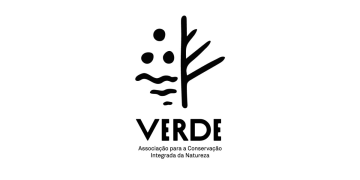
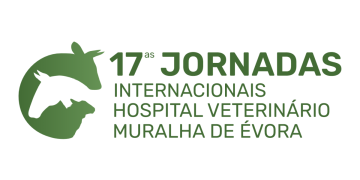


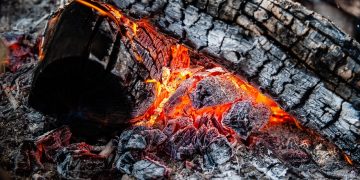
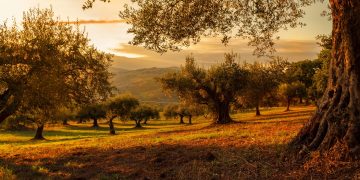

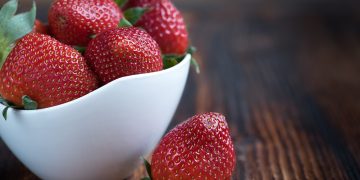
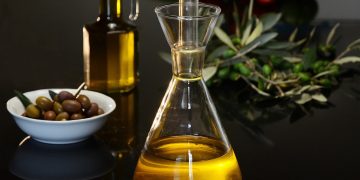


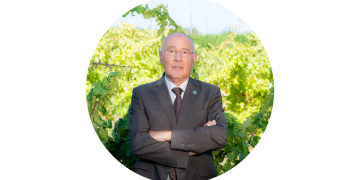









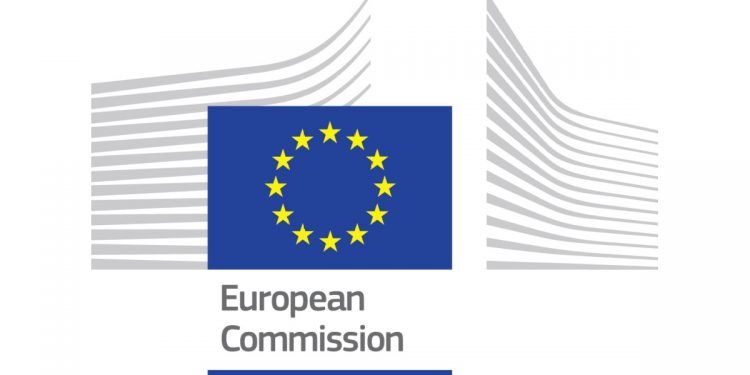

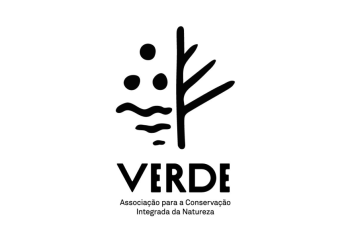

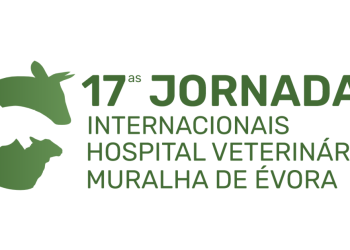




























Discussão sobre este post